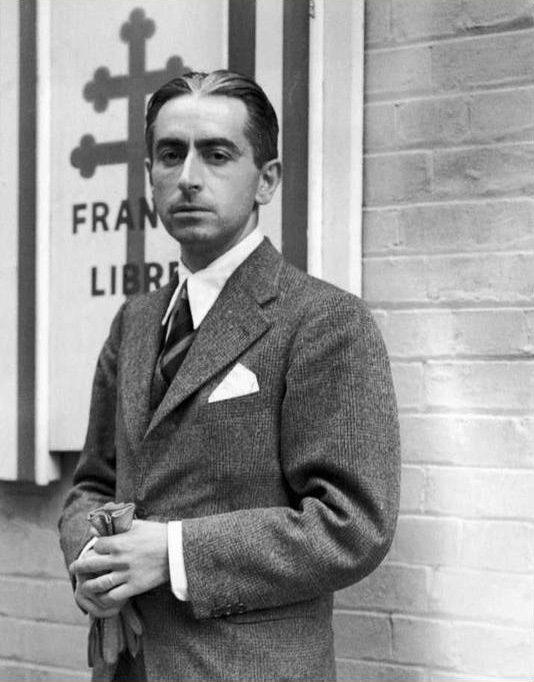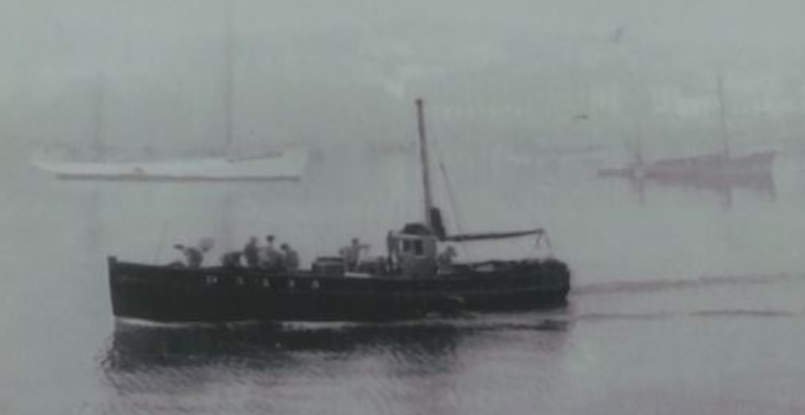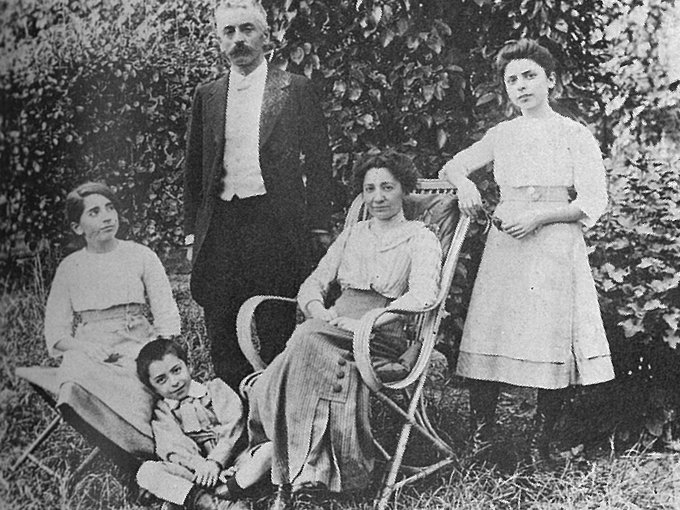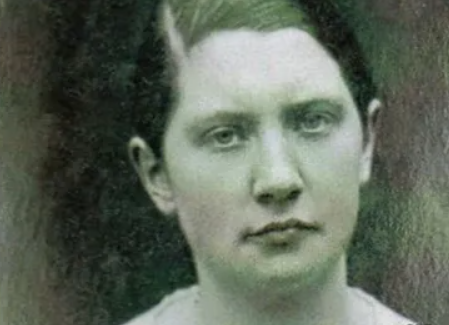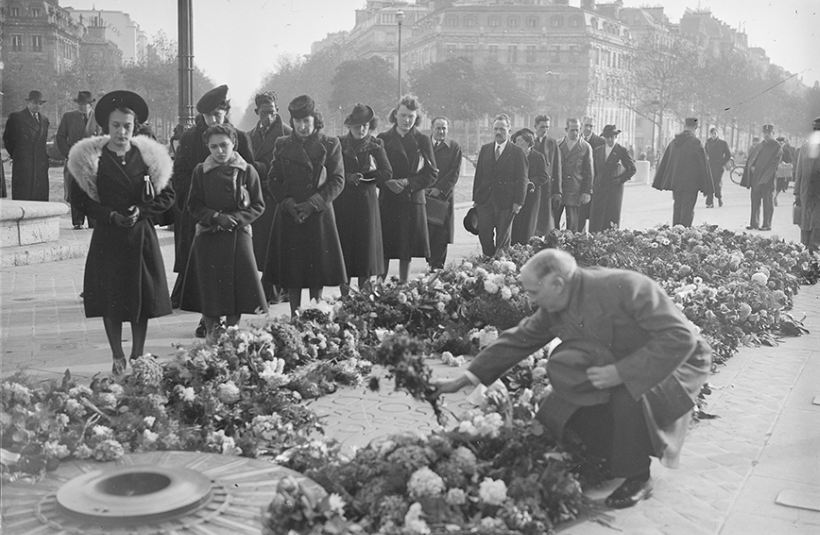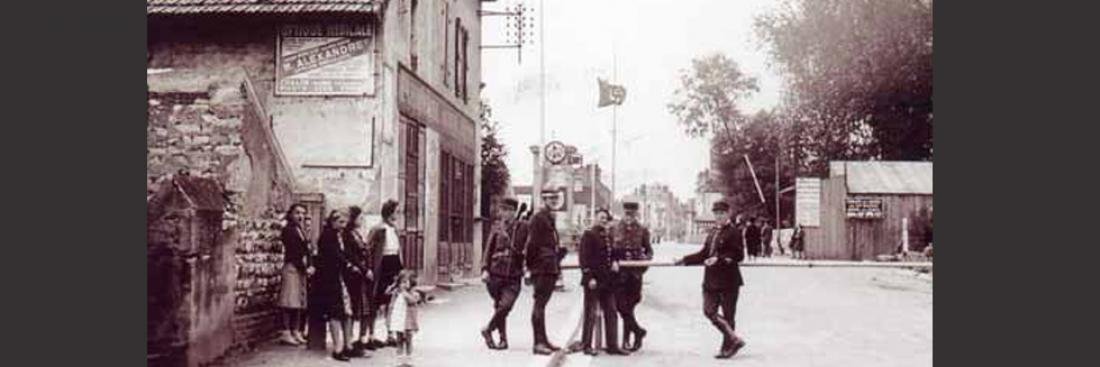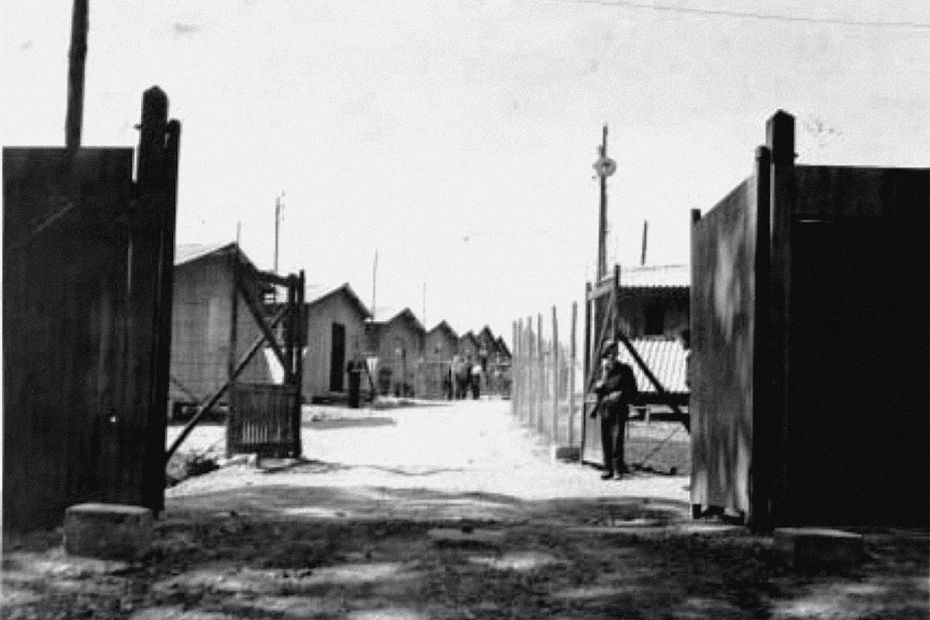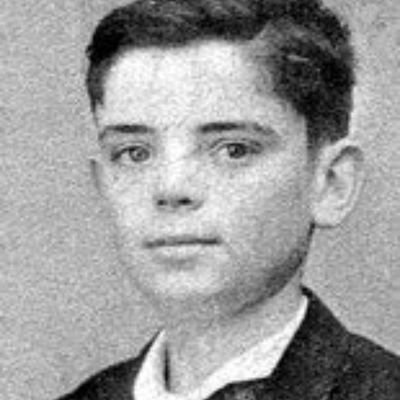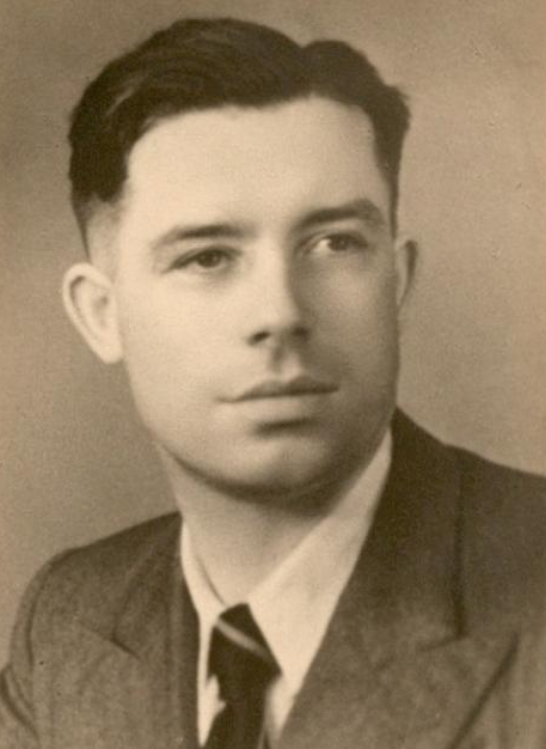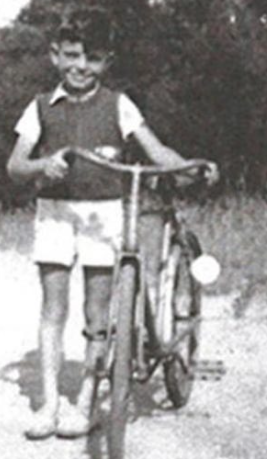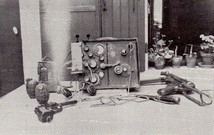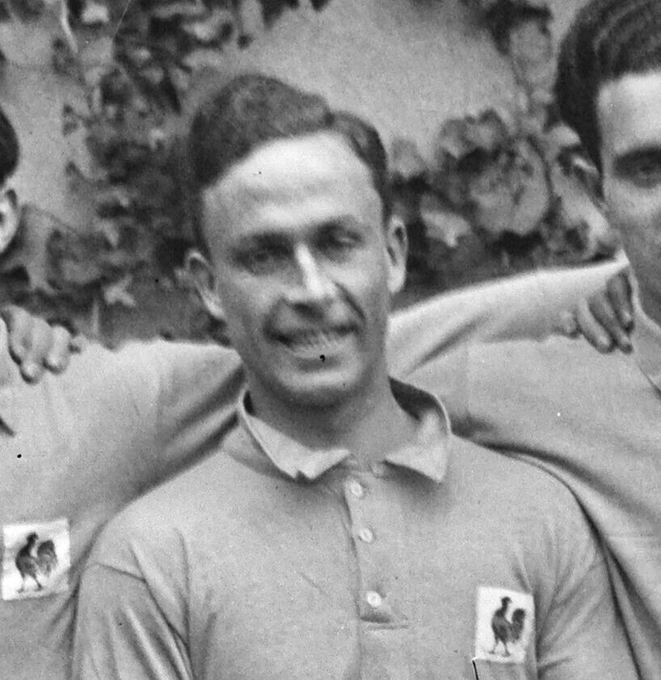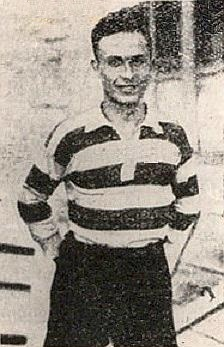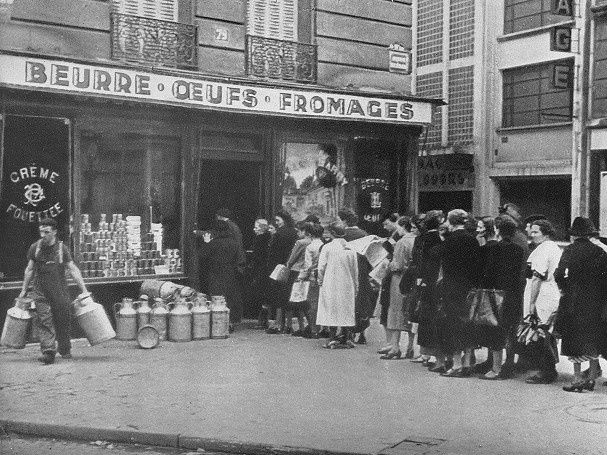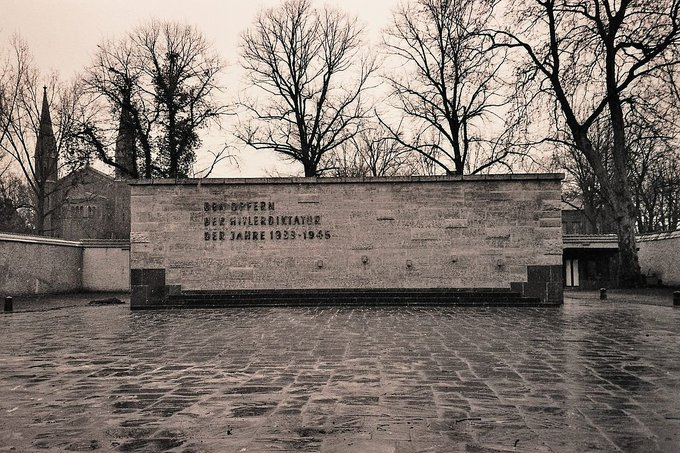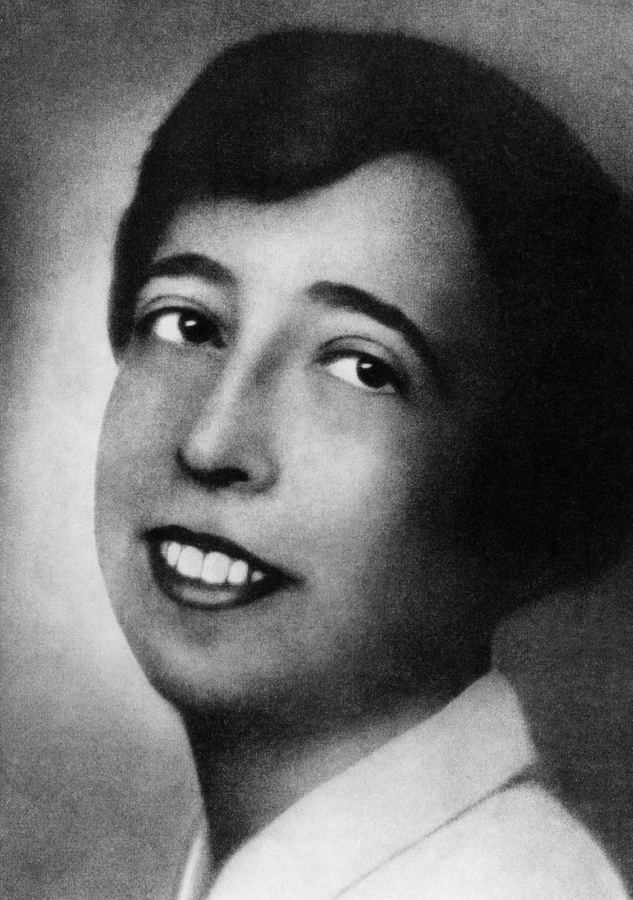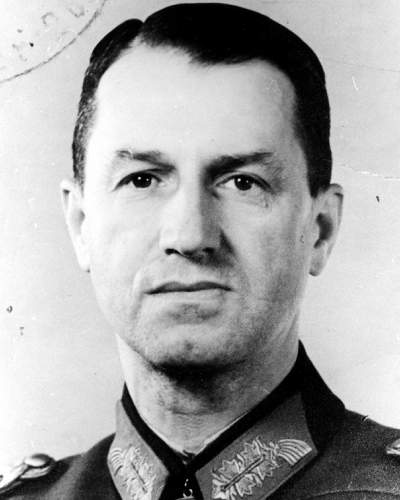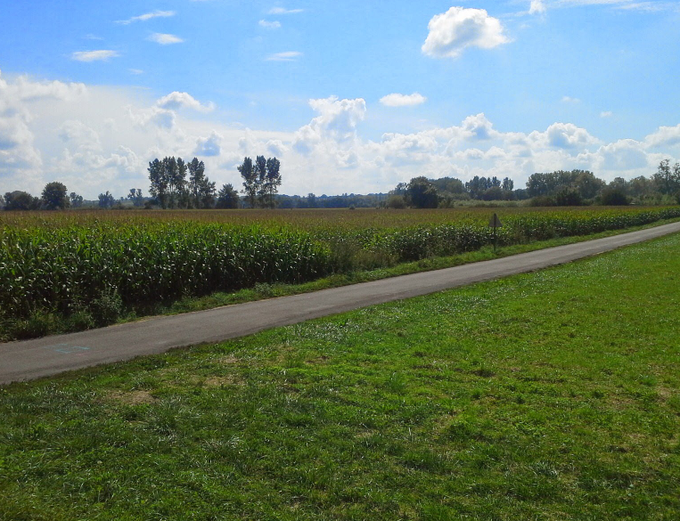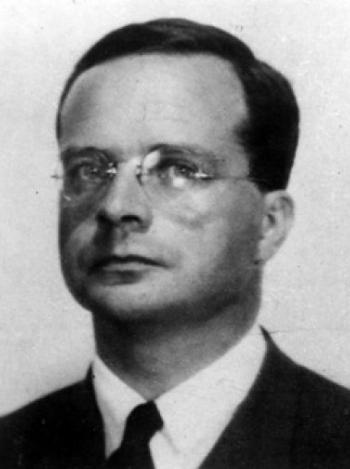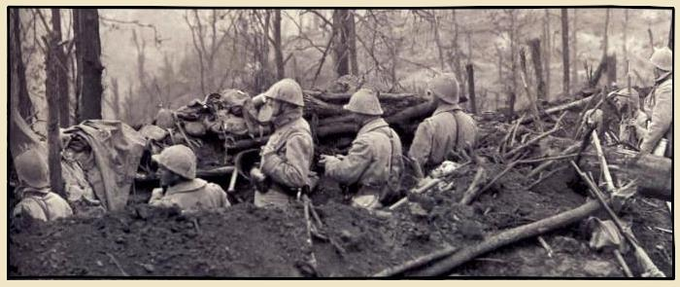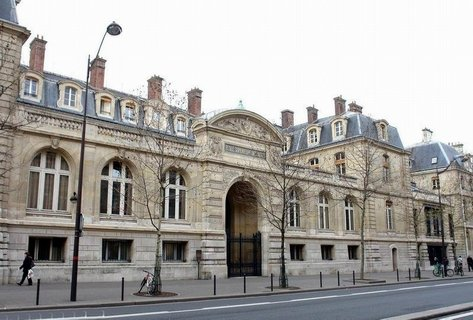🇫🇷 1 April 1944
A train carrying elements of the 12th SS Recon Bn of the 12th SS PZ "Hitlerjugend" Division suffers minor damage from a night time sabotage incident as it passes through the station of the small town of Ascq east of Lille - the events that follow will leave 86 civilians aged between 15 and 74 dead, as well as 75 widows and 127 children without a father. 1/8
A train carrying elements of the 12th SS Recon Bn of the 12th SS PZ "Hitlerjugend" Division suffers minor damage from a night time sabotage incident as it passes through the station of the small town of Ascq east of Lille - the events that follow will leave 86 civilians aged between 15 and 74 dead, as well as 75 widows and 127 children without a father. 1/8
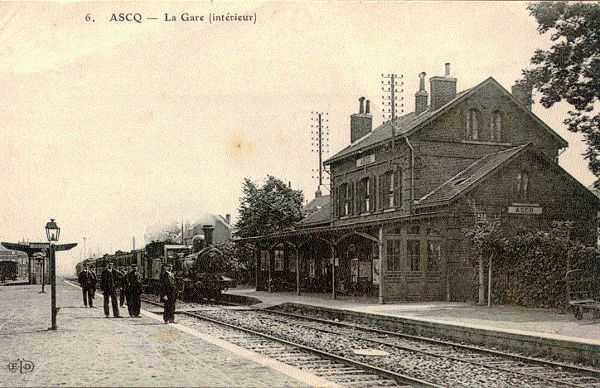
The strategic train line running through Ascq had already been the object of two acts of sabotage carried out by a small Ascq resistance group led by Paul Delécluse (executed on 7 June 44) and investigating German police were present in the town. 2/8 
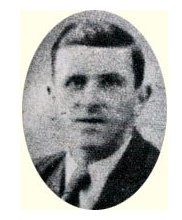
The 12th SS PzD had begun its movement from Belgium towards Normandy at the end of March. At 22.45 hrs on 1 April, a train carrying around 400 men and 60 light armoured vehicles was passing through the station when an explosion near the signal box derailled three flat cars. 3/8 
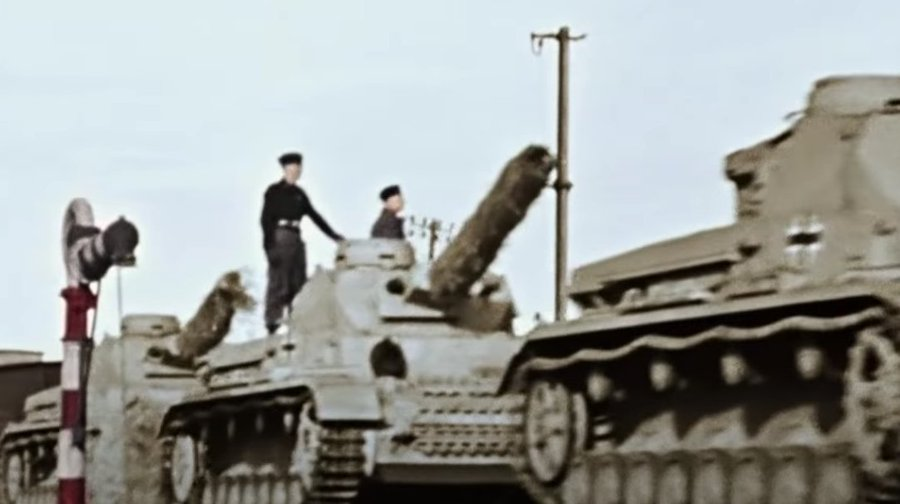
25-year old Obersturmführer Walter Hauck ordered all local men aged between 17 and 50 to be arrested and brought to the railway station. Houses along the main roads had their doors kicked in and the men were dragged out. 4/8 
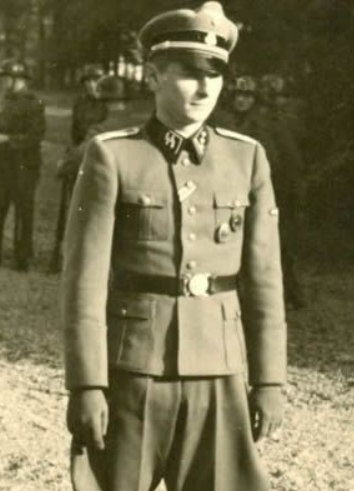
It was then that the killing began. A group of men were gunned down by the church, then those gathered along the railway by the signal box were shot in batches. The mayor was brought to be executed but was saved as whistles blew and engines started up. The massacre was over. 5/8 
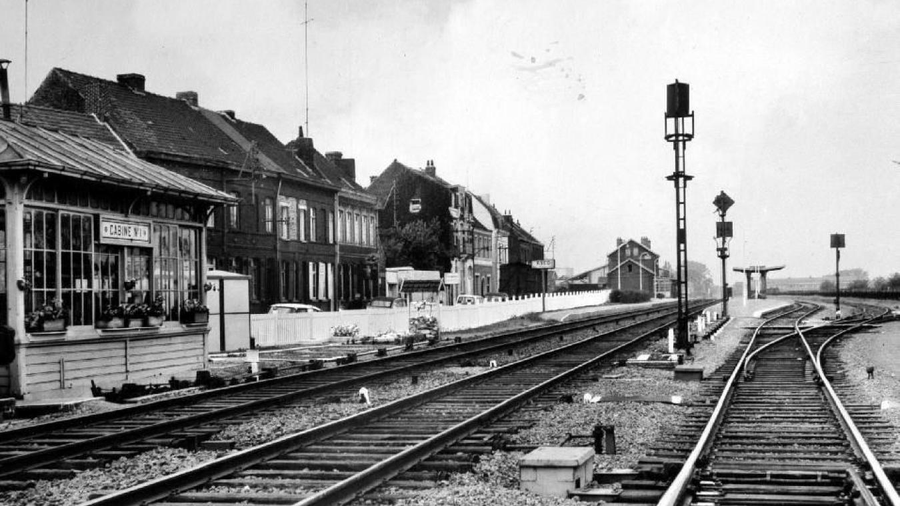
86 dead lay strewn along the railway, in a field opposite the station and around the town. The youngest were only 15 - René Trackoen, Jean Rocques and Roger Vancreaeynest. The oldest a 75-year old named Pierre Brillet. 6/8






In the days that follow, Lille became a hotbed of strikes in protest for the massacre. Tens of thousands attended the funerals. Pétain, aware of events, will say nothing. He will only write a letter of protest to Hitler following the massacre of Oradour-sur-Glane on 10 June 44. 7/8
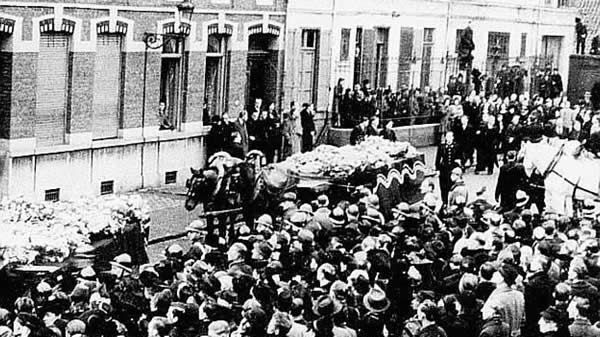
Haucke will survive Normandy and the war, but not before committing another atrocity against civilians three days before the German surrender - this time in the Czech village of Leskovice. Tried in 1950, he was sentenced to death, then reprieved. Freed in 57 he died in 2006. 8/8


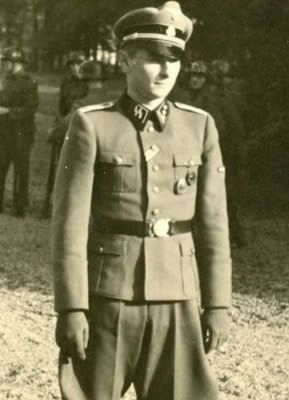
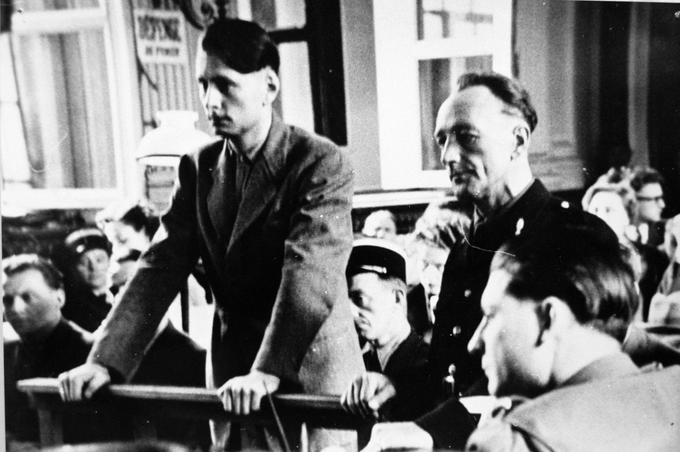
• • •
Missing some Tweet in this thread? You can try to
force a refresh


